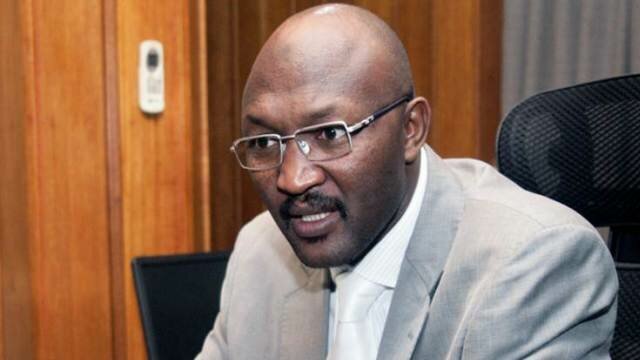The National Committee for Combating Human Trafficking has launched yesterday the National Action Plan to Combat Human Trafficking amid considerable presence of UN agencies representatives, diplomatic corps and civil society organizations.
The event was addressed by the Minister of Justice, officer in Charge for the International Organization for Migration Sudan, along with the brief of the organizing committee and review of the plan.
Background:
Human trafficking, or slavery as it was called in the past, is a phenomenon as old as human existence. This practice has evolved over time and even superseded the (Survival of the Fittest) rule during the B.C. era. Then came the era of global explorations, which saw the flourishing of the slave trade during the sixteenth and seventeenth centuries, through to the current day and the emergence of the national movements combating human trafficking.
Today, human trafficking is a global phenomenon affecting countries all over the world and can be either national or transnational.. The United Nations Office of Drugs and Crime (UNODC)’s Global Report on Trafficking in Persons identified that more than 500 different trafficking flows were detected between 2012 and 2014. The demand for exploited labour in one country for example can spur trafficking of persons in another, whilst the profits gained from the crime may reach and be used within the jurisdiction of countries far from the locality of the crime. It is for this reason that the most significant international legal instrument on trafficking, the Palermo Protocol to Prevent, Suppress and Punish Trafficking in Persons was developed within the framework of the United Nations Convention on Transnational Crime.
The scope and multiple dimensions of the crime of human trafficking present an ever-growing concern for both richer and poorer countries. The actual number of human trafficking cases is believed to be far higher than identified to date, which is attributed to the very complex nature of this dreadful practice. Hence, all efforts must be combined to eliminate the factors leading to the spread of this crime.
With its extended geographical borders and the socio-economic, security and demography challenges facing most of its neighbouring countries, Sudan is among the countries affected by this crime. Sudan has suffered from civil strife and armed conflict, as well as economic challenges and sanctions. Moreover, the outflow of refugees from neighbouring countries continues unabated and more refugees have recently started to arrive to Sudan from Arab States, notably Syria and Yemen. As a result of ll the above factors different forms of the organized crime began emerging, especially human trafficking, often involving Sudan as a transit State.
Sudanese Government Efforts:
Within the Government of Sudan’s efforts in managing migration and understanding the crucial negative impact of human trafficking crimes in the country; Sudan issued an Act to combat trafficking in human beings in the year 2014. Under this 2014 Counter Human Trafficking Act, the National Committee to Combat Human Trafficking was formed with membership including all ministries and relevant institutions.
The National Committee exerted a lot of efforts to manage the migration file starting with the preparation of the National Strategy and subsequently prepared a draft National Action Plan with is the product of a concerted effort that lasted for more than year of preparations; whereby it initiated the first steps by requesting all relevant ministries and institutions to share their plans and programmes on combating trafficking in human beings in terms of axes of prevention, protection, prosecution and building partnerships.
Due to the growing phenomenon of trafficking in persons at national, regional and international levels, the National Committee has involved an international expert to assist the Committee in developing the plan in line with the experience of other countries and international dimensions in developing programmes addressing the problems and challenges facing Sudan in this regard i.e. making it more than a stagnant document. The National Action Plan contains real directives for the national efforts to provide a basis for effective action in the future. To complement this, the efforts to provide a basis for effective action in the future. To complement this, the Committee visited a number of countries to stand on and study their experiences.
These efforts have culminated by conducting a workshop involving all relevant governmental institutions and some United Nations agencies during which the details of the plan were discussed and operational programmes were developed so as to become exemplary to other countries.
All all those who contributed to the preparations of this plan through technical expertise and close follow-up deserve appreciation; especially the International Organization for Migration, which took the initiative in working with the Committee since its formation as well as the Swiss Agency for Development and the Intergovernmental Authority on Development (IGAD) for this committed support.
From the Editor
Sudan Vision, as the forum aims at clarifying Sudan's strong stance against all kinds of organized crimes, including human-trafficking and illegal migration, besides empowering the anti-human trafficking committee and providing support to enable the committee implement the plan in a professional manner.
We as a media outlet will devote our efforts reflecting the activities of the Committee besides our planning to organize a forum on the issue to hummer on this crucial issue.
-
Can Political Division amongst the Jieng Be the Solution to S. Sudan...Next >


